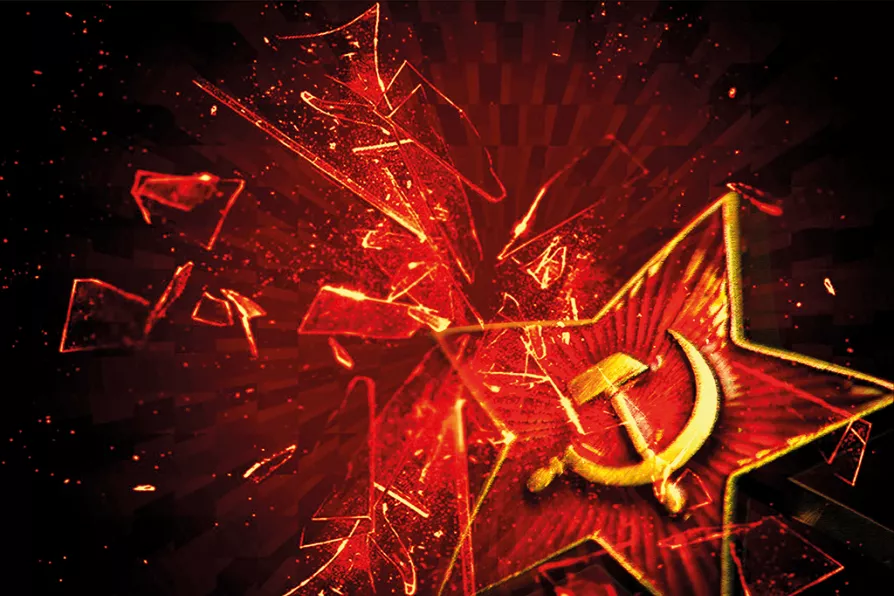By pressuring Mexico to halt oil shipments, Washington is escalating its blockade of Cuba into a direct bid for economic collapse and regime change, argues SEVIM DAGDELEN


THIRTY years ago, on August 24 1991, president Mikhail Gorbachev dissolved the central committee of the Communist Party of the Soviet Union (CPSU) and resigned from his role as general secretary.
This was the first serious administrative step towards the dissolution of the Union of Soviet Socialist Republics.
A day later, the Soviet flag outside the Kremlin was replaced with the Russian flag. From that moment, nothing meaningful remained of the Soviet state.

Speaking to a CND meeting in Cambridge this week, SIMON BRIGNELL traced how the alliance’s anti-communist machinery broke unions, diverted vital funds from public services, and turned workers into cannon fodder for profit

As Moscow celebrates the 80th anniversary of the Nazi defeat without Western allies in attendance, the EU even sanctions nations choosing to attend, revealing how completely the USSR's sacrifice of 27 million lives has been erased, argues KATE CLARK












